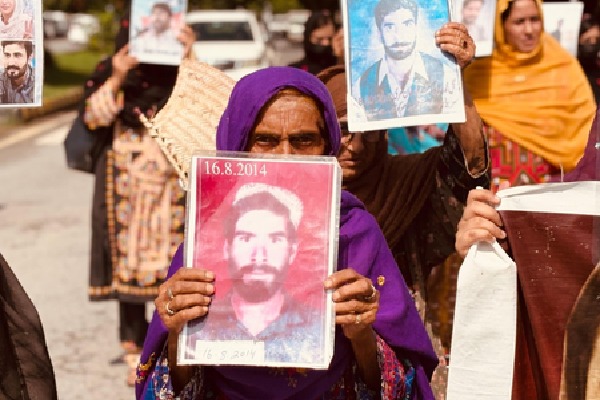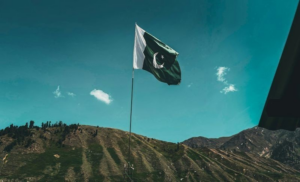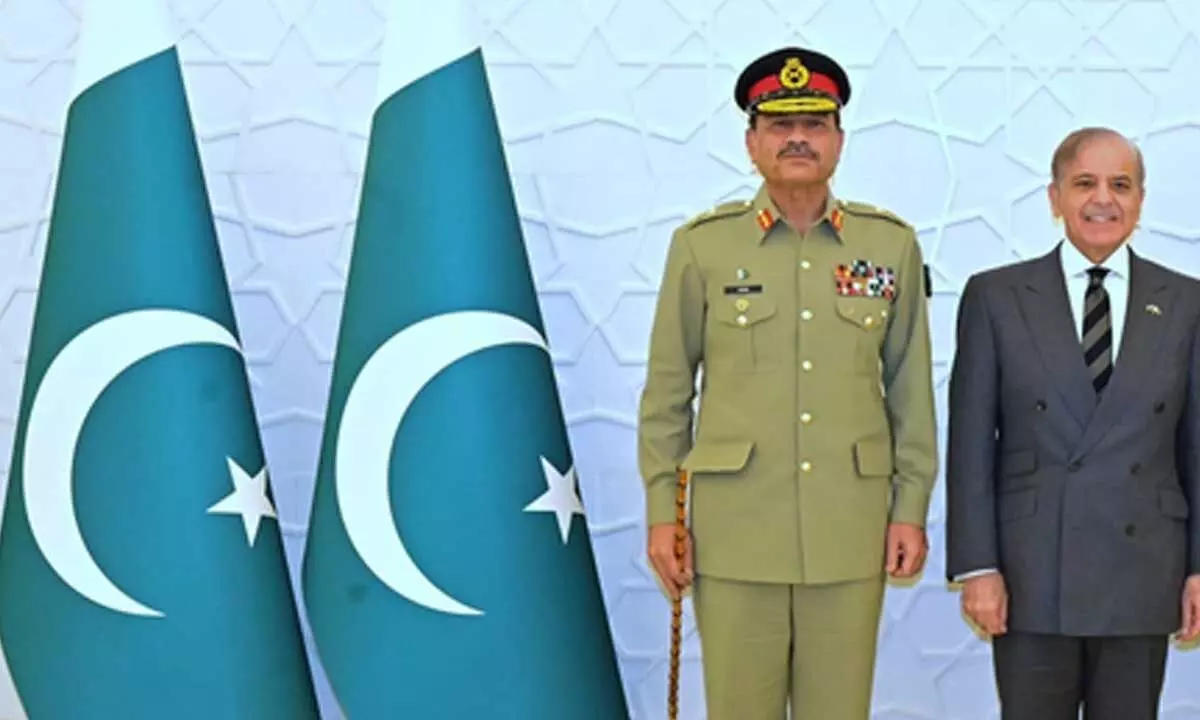On September 30, 2022, the Islamic regime violently repressed the demonstrations of Baloch protesters who were gathering in front of a police station in Zahedan – leading to what would become known as the “Zahedan massacre,” or “Bloody Friday,” in which more than 150 people were killed and hundreds injured. Baloch media outlet Balochwarna.com stressed that the protests in Zahedan erupted after news emerged that the police head of the coastal city of Chabahar, Colonel Ebrahim Kochzai, had raped a 15-year-old Baloch girl Maho Baloch on September 27, 2022, after arresting her for investigation.[1]
The people of Zahedan took to the streets to protest the sexual assault of the Baloch girl and the “systemic discrimination and structural repression” against the Baloch people. The protests emerged within the context of the 2022 uprising against the Iranian regime, after Kurdish-Iranian woman Jina (Mahsa) Amini was arrested by the Iranian religious police for wearing her headscarf “improperly” and died in police custody. Her killing sparked protests all over Iran as she became the symbol of the uprising against the Iranian regime.[2]
It is worth noting that the 2022 protests against the Iranian regime can be defined not only as a women-led uprising, but also an ethnic minorities-led one. In fact, for the ethnic minorities that comprise almost half of Iran’s population (e.g., Ahwazi Arabs, Kurds, and Balochis), the uprising represented a “revolution” for liberty and basic ethnic and human rights of which they have been deprived not only by the Islamic Republic of Iran, but also by the former Persian regimes (e.g., under the Pahlavi dynasty) for almost a century.
This September 30 marks the second anniversary of the Zahedan massacre. Ahead of the anniversary, on September 27, 2024, hundreds of Baloch citizens took to the streets after Friday prayers at the Makki Mosque in Zahedan, honoring the victims of the massacre and chanting slogans for the release of political prisoners and accountability for the perpetrators of the “Bloody Friday.”
Baloch media outlet Balochwarna.com reported: “In a powerful demonstration of solidarity and remembrance, protesters marked the second anniversary of the Bloody Friday incident, during which numerous lives were lost. The demonstrators voiced their demands for justice and the release of political prisoners. As participants gathered in the streets, they chanted slogans such as ‘Political prisoners must be freed,’ ‘We neither forgive nor forget,’ and ‘We swear by the blood of our comrades, we stand until the end.'” It then added: “These chants underscored the Baloch people’s ongoing struggle for accountability and justice in the wake of the tragic events of 2022. Despite a heavy military presence and heightened security measures across the city, the demonstrators remained resolute in their demands. According to sources, armed forces were deployed around the mosque and its vicinity, but this did not deter citizens from expressing their grievances.”[3]
“The Tragic Events Of September 30, 2022… Epitomize The Violent Nature Of The Iranian Policy”
“The Baloch people, under the occupation of Iran, have long endured political, economic, and cultural marginalization. In Iran, this manifests as systematic oppression, exemplified by the ‘Bloody Friday’ massacre of 2022 in Zahedan, the capital of Iranian-occupied Balochistan. The violent crackdown on Baloch protesters during this event symbolizes a broader genocidal policy that has persisted for decades. The Iranian state’s treatment of the Baloch nation has far-reaching consequences not only within Iran but also across the wider Middle East and beyond.
“The Baloch have consistently resisted Iranian control over their traditional lands. Since 1839, particularly with the rise of centralized Iranian rule under the Pahlavi dynasty and later the Islamic Republic, Balochistan has faced harsh policies aimed at assimilation, suppression of cultural identity, and economic disenfranchisement. The state’s perception of the Baloch’s demand for political autonomy and religious freedom as a threat to its hegemony has led to systematic persecution.
“The tragic events of September 30, 2022, known as the ‘Bloody Friday’ massacre also known as the ‘Zahedan Massacre,’ epitomize the violent nature of Iranian policy against the Baloch. Protests erupted in Zahedan following allegations that a police officer had raped a 15-year-old Baloch girl in Chabahar. The Iranian security forces responded with excessive force, using live ammunition against protesters, resulting in the deaths of over 150 civilians, including children, with hundreds more injured.
“Hyrbyair Marri,[5] a Baloch national leader, stated, ‘Iran’s regime is committing a slow genocide against the Baloch nation. The events of Bloody Friday starkly remind us of Tehran’s brutal policies aimed at eradicating Baloch identity and freedom.’ His assessment highlights the systematic violence faced by the Baloch, not just in physical terms but also through cultural erasure, economic deprivation, and religious persecution. For the Baloch, events like Bloody Friday are part of a prolonged history of repression aimed at weakening their political will and erasing their identity.
“The Iranian government’s policies towards the Baloch can indeed be characterized as genocidal, as defined by the United Nations. This encompasses not only mass killings but also actions aimed at destroying, in whole or in part, an ethnic or national group. The systematic targeting of Baloch civilians, as seen in Bloody Friday and other incidents, reflects a pattern of state violence intended to quash dissent.”
“Iran’s Genocidal Policies Against The Baloch Not Only Have Local Implications But Also Affect Regional Stability”
“The Baloch live under dire economic conditions, particularly in the western part of Balochistan, one of the poorest and most underdeveloped regions. High unemployment, lack of infrastructure, and limited access to education and healthcare create a deliberate marginalization that degrades their quality of life and diminishes their prospects for survival.
“Iran’s genocidal policies against the Baloch not only have local implications but also affect regional stability and draw global attention to human rights violations. The international community has begun to take note, with various human rights organizations condemning Iran’s treatment of ethnic and religious minorities. However, these condemnations have often resulted in little tangible change.
“The Baloch diaspora, especially in Western countries, has become increasingly vocal in criticizing Iran. Hyrbyair Marri has utilized international platforms to highlight the plight of the Baloch people and to call for intervention. He emphasizes that ‘the world cannot turn a blind eye to the genocide happening in Balochistan.’ Advocacy by the Baloch diaspora has helped to bring international attention to Iran’s abuses, even as the Baloch pay a heavy price for the unjust division of Balochistan.
“The Baloch seek global moral support, as they face challenges from powerful nations that have historically set stringent terms for the freedom of oppressed nations. Despite being geographically tied to the Middle East, the Baloch have remained silent victims of injustice.
“Iran’s treatment of the Baloch, particularly during events like Bloody Friday, underscores a long-standing pattern of genocidal policies aimed at eradicating Baloch cultural, religious, and political identity. The international community must take decisive action to address these ongoing abuses.”






